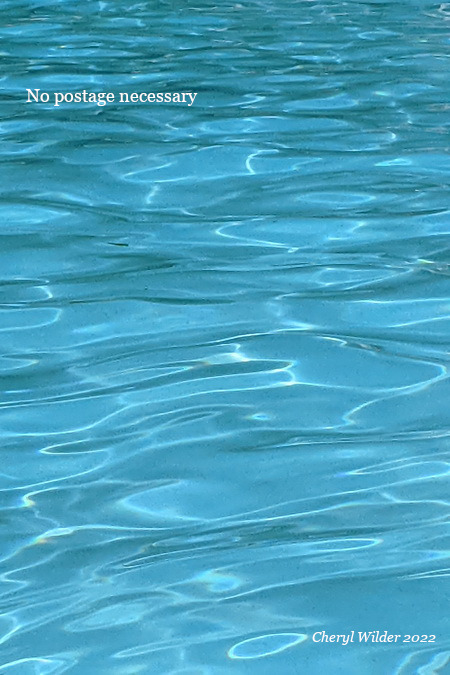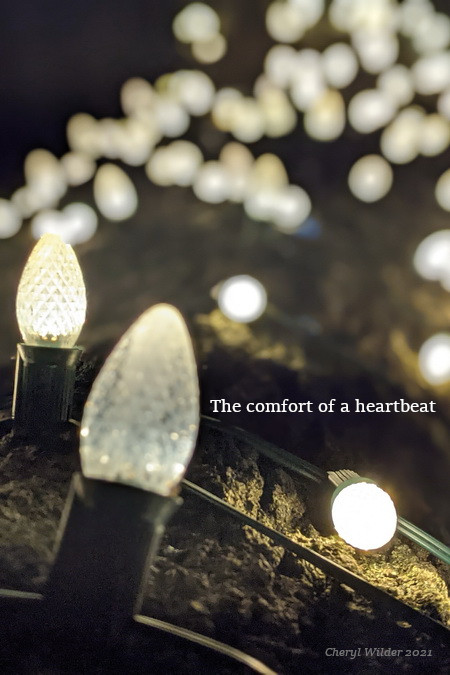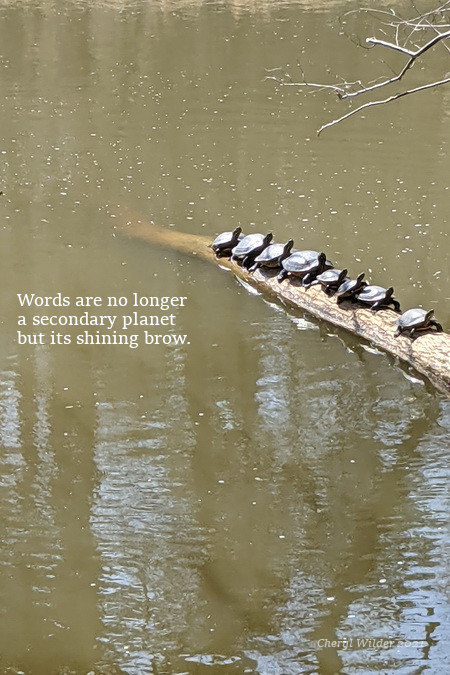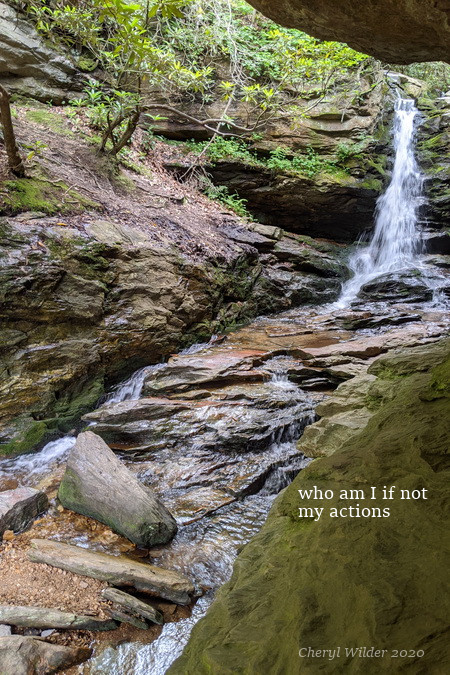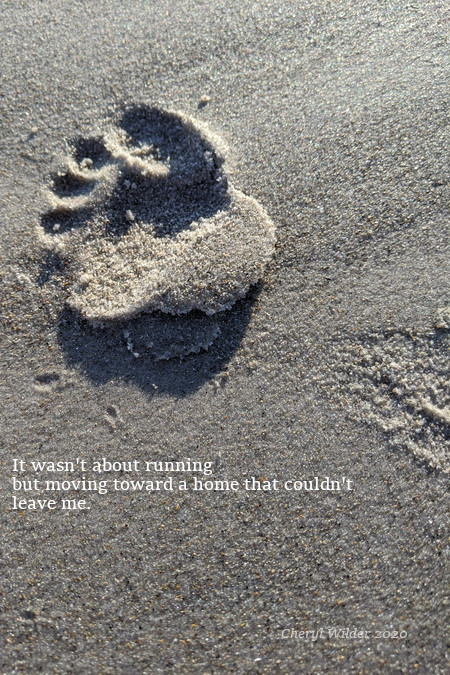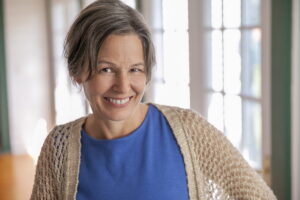I started 2022 chanting joy joy joy. There’s no quantifiable evidence “joy” has helped my mood. But I can say it was a hectic two months, and I kept grounded and purposeful.
It’s not only the mantra that has me moving forward with intention. On December 29, 2012, I finalized my first Writing Life mission statement: “To actualize my vision for a life’s work that integrates my writing-life with my work-life and my community-life.” (I’ve written about it here and here.) What’s kept my winter busy is the restructuring of my web design business which includes combining it with my writing life–one big writing-working-community business.
I’m thrilled how things are coming together. More importantly is the awareness that writing, revising, publishing, and talking about Anything That Happens got me here. Writing is how I process the complexity of my emotions and the perplexing existential questions. Expressing myself through writing has helped me in my personal life since I was seventeen years old. I knew it helped in my professional life; I didn’t know how much until seven months after the book was published. (And it’s not the big poetry money rolling in.) This next phase of my career is taking a fair amount of self-confidence in an area of my life where confidence previously lay dormant.
Spring is showing itself here. My irises inch their way through the mulch. It’s been a long two years–I’m reemerging into a familiar world but don’t know how to navigate it. So I pull from my experience–those first weeks and months after the accident–when I reemerged into a familiar world I didn’t know how to navigate. I was twenty years old. Almost twenty-eight years later, I have some things to share with the girl who stood beside the wrecked car, stunned and stunted. Unknowing is an opportunity to renew; to walk steadfast and supple; to reach deeper and build broader. I know how to rebuild myself now. What’s better? I’m getting better at helping others rebuild too.
Quote and photo by author. All rights reserved.

